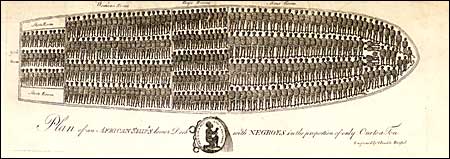Worcestershire’s story of Black presence in the British Army since 1759:
30.05.2018Tony has completed a fantastic project for Worcestershire’s Regimental Museum: an Arts Council-funded programme comprising oral history interviews, a public consultation and written report; to enable new audiences to discover an important story of Black history and achievement spanning 300 years from the mid 1700s to the present – in new interpretation and displays for display at Worcester City Art Gallery and Museum.

About the project:
By shedding light on the Black presence within the British Army’s Worcestershire Regiment from the 1700s, this project is revealing a hidden perspective on the journey from the era of sugar and slavery to citizenship today. The new interpretation and display will be made up of two sections:
Section one deals with the start of this heritage, the capture in 1759 of enslaved African boys originally intended for French plantations, and the deliberate practice of recruiting Black men for the regiment that followed. This part of the exhibition will make special reference to John Freeman in the early 1800s, and a unique artifact purchased for the project – his medal for service in the Peninsula Wars against the Napoleonic forces. The core message of this section is the contribution to Black citizenship, whether intended or by default, made by Black men who seized the opportunity to build a life as British soldiers despite the certain dangers – as an alternative to certain death slaving on the killing fields of British plantations.
Section two balances this Black history in a digital presentation that brings the journey up to date – audio oral history recordings contributed by current and recently retired Black soldiers of Caribbean heritage, who have all served with the Worcestershire and Sherwood Foresters Regiment (now the Mercian Regiment). These sons of Windrush Generation parents reveal humbling, thrilling, inspiring and human experiences reflecting personal changes and achievements as soldiers: picking up the baton passed on by those enslaved Black boys 300 years ago – to contribute to a Black British presence that shapes and/or changes attitudes within their regiment, the forces, and society at large.
